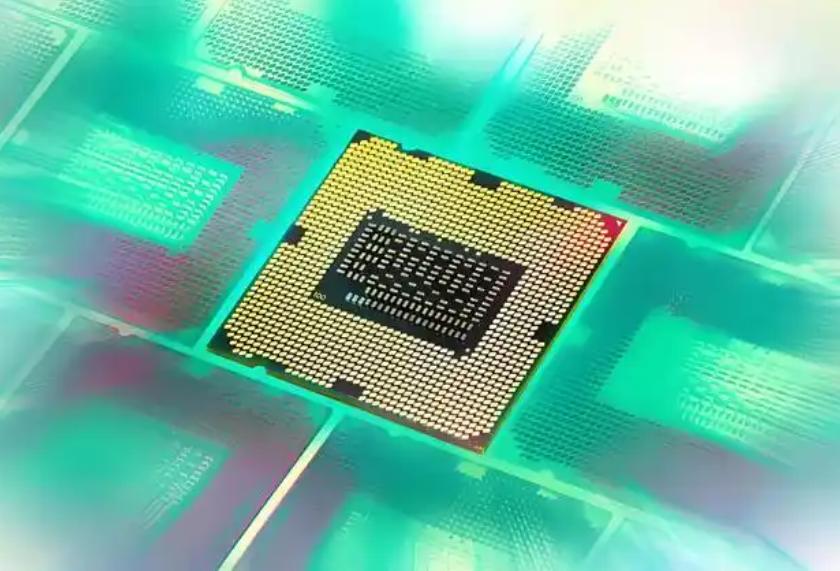
In today's complex business and political environment, Nvidia's every move is closely watched. Recently, Nvidia was once again pushed to the forefront of public opinion because of its attitude toward a new government policy. The reason is that on the 13th, the Biden administration suddenly announced the launch of a new regulation on the manufacture of AI chips in the United States. This policy framework aims to keep some advanced products and technologies firmly in the hands of the United States and its Allies. As an important enterprise in the industry, Nvidia occupies a large market share in related product fields, and naturally is greatly affected by this policy. Once this new regulation came out, it simply dropped a bombshell in the global science and technology field! Under the new rules, American companies will have a cap on the amount of computing power they can sell chips to most countries. If the policy is implemented, the new restrictions will impose strict controls on how much a company can export a particular product to different countries. Because Nvidia accounts for a high proportion of the market for related products, about 90%, the impact of this policy change on it is self-evident. Nvidia, however, has raised strong objections to the new policy.
The Biden administration's chip export control policy has had a profound impact on the science and technology field, which is not limited to the United States, but also affects the global technology industry chain and supply chain. The first is the impact on the US technology industry, the US chip equipment suppliers, such as Applied Materials Company, Kolei, etc., export control policies restrict the export of these enterprises to China and other countries, resulting in their sales and market share decline. Many American chip companies, including Nvidia, have expressed their dissatisfaction with export control policies through political lobbying and funding think tanks. The companies argue that a ban would seriously harm their global competitiveness and could even lead to job cuts and economic problems. Export control policies restrict cooperation between U.S. companies and other countries in high-end chips and artificial intelligence, which can hinder technological innovation and progress. The United States tries to maintain its national security status by maintaining its technological edge, but this approach may also lead to its losing its leading position in the global scientific and technological competition.
The second is the impact on the global technology industry chain and supply chain, the Biden administration's export control policy may lead to changes in the global chip market pattern. The chip industry is a global industry chain, and enterprises from all countries are closely linked. Export control policies could undermine the stability and efficiency of global supply chains, leading to chip supply shortages and higher prices. This will not only affect the production and delivery of end products, but could also have a ripple effect on the entire technology industry. Some countries may seek alternative suppliers or strengthen their own R&D capabilities to reduce their dependence on the United States. This could trigger trade tensions and supply chain restructuring around the world. Export control policies restrict international scientific and technological cooperation and exchanges, which is not conducive to global scientific and technological innovation and progress. Some countries may take retaliatory measures against the United States, further raising tensions in the global tech sector.
Third, the impact on international economic and trade rules. The Biden administration's export control policy has been criticized for generalizing the concept of national security and abusing export control measures, which violates international multilateral economic and trade rules. Such action may trigger imitation and retaliation by other countries, further undermining the global economic and trade order and stability. The Biden administration's export control policies have further intensified the competition among global trade organizations in the field of science and technology. This competition is not limited to the chip industry, but may also extend to other high-tech fields such as artificial intelligence and 5G. This may have a negative impact on the development and innovation of the global technology industry and will create greater barriers to cooperation and exchanges in the global technology industry.
To sum up, the Biden administration's chip export control policy has had a broad and far-reaching impact on the science and technology field. These impacts are not limited to the United States, but also affect the global technology industry chain and supply chain. To address these challenges, countries need to strengthen their independent research and development capabilities, seek alternative suppliers, strengthen international cooperation and exchanges, and jointly safeguard international multilateral economic and trade rules and the stability and development of the global science and technology industry.

Since 2022, the Fed has cumulatively reduced its balance sheet by $2.4 trillion through quantitative tightening (QT) policies, leading to a near depletion of liquidity in the financial system.
Since 2022, the Fed has cumulatively reduced its balance sh…
On December 11 local time, the White House once again spoke…
Fiji recently launched its first green finance classificati…
Recently, the European Commission fined Musk's X platform (…
At the end of 2025, the situation in the Caribbean suddenly…
The U.S. AI industry in 2025 is witnessing a feverish feast…